
Adam Ashworth is the founder of Ash & Iron and we are so excited to have been able to pick his brain for Curly Questions this month. Adam is a green woodworker and tool maker. We first noticed his hand forged sloyds on instagram and are so very excited to have a small amount in stock for you.
You can follow Adams work on Instagram @adamashworth97 or Ash & Iron facebook here.
1. How did you get into green woodworking and spoon carving?
I have always enjoyed working with my hands and tinkering with things. In fact, since childhood, I have always played around with bits of wood. I usually tried to make myself a longbow, but I only ever succeeded in turning scrap wood into different shaped scrap wood! About 6 years ago, I saw a video online of someone making a spoon by burning out the bowl with the embers on the end of a stick. Holding it to the bowl of the spoon she blew on it which burnt out the bowl. Mine was an awful spoon and I’m not sure I ever used it for anything, especially as the bowl was all charred, even after sanding it. Despite that I loved the process and definitely wanted more. That Christmas I got a spoon knife and the rest is history!
2. What is your favourite thing about green woodworking?
I really love the community in green woodworking. For the first few years that I did green woodworking, I never met a fellow enthusiast. But then in 2018, the community hit me like a ton of bricks. I went to Spoonfest for the first time. It was amazing being in a place of completely likeminded people who had a mutual love for green woodworking, unlike my friends and family at home who all found it a bit strange! Since then I have been to the Bodgers Ball, Spoon Hoolie and The Bowl Gathering, which are filled with amazing people and I truly feel privileged being able to go to these events and to be surrounded by such lovely people.

3. I notice looking at your Instagram page that your earlier posts are of spoons, kuksas, cups and bowls but now days almost all of your posts are of your beautiful knives. Do you still find time to carve?
I do still have time to do green woodworking but the issue is how much energy and enthusiasm I have! Making knives can be quite physically and mentally tiring. After a day’s work I just want to relax and switch off. Sometimes green woodworking can be the answer to that, but often it isn’t. I use most of my time working, making things to sell, rather than wooden things for myself! However I do love making kuksas and turning. Even though I don’t use kuksas I do really enjoy the process of making them. Perhaps because it’s a long meditative process of which you can really see the shape slowly come out of the log you started with. I love turning too as it’s quite a fast process and I can knock out a cup in a couple of hours which is often bigger and more usable than a kuksa.
4. Would you say that you have a certain style? What is it?
I’m still very much in my infancy of tool making and a style has yet to find me. But I do believe there aren’t many, if any, tool makers making Damascus knives or knife handles like I do, so perhaps you could call that a style? Perhaps in a few years I will be known for something, but at the moment I am still finding my feet and trying different things out.

5. How did you get into knife making? What are your plans going forward?
I had my first taste of blacksmithing when I helped out in a forge in the summer of 2018. I later went on a knife making course with same smith and I was captivated! Later on in early 2019, I started going to a local blacksmith’s workshop as he needed help moving in and setting things up as he had just moved workshop. In return he taught me the basics of smithing. I am immensely lucky and gratefully that to this day he still lets me come over and make my knives in his workshop as I don’t have my own workshop and have to work from my garden which I try to avoid doing, as to not annoy my neighbours too much. As for the future, I am in the process of moving back to my home town in Leeds, where I’ve got myself a small workshop. I really want to pursue blacksmithing as I feel this is something I have discovered myself and want to do with no need for encouragement. The only way you can devote yourself to something is if you want to do it.
6. Whose work do you admire and why?
Anyone who takes the time to sit down, work on something with hand tools, has a respect for their craft and others in their craft, is an inspiration to me. There are people who will occasionally post a picture of something they’ve made and my jaw will drop such as crazy patterned damascus or 3.5 pint handled turned jugs. This is why I love Instagram, as it’s like a little window into the world of green woodworking and smithing. I’m constantly impressed with what I see and love to see the talent other people possess
7. Have you made the perfect spoon/piece yet? How many failures have you had and what do you do with them?
Whenever I make anything wooden I think it’s the best I’ve ever made and will show everyone, then a few weeks later I realise it was pretty rubbish. However every year I’ll go away for a couple of weeks and whilst everyone sits on the beach relaxing, I’ll be there with a kuksa blank. Since I have the time to slow down, relax and think about what I’m doing, the kuksas often come out really nice. And because I have so much time, I just keep adding to it! I really love the one I made last year. I chip carved along the rim and handle and played around with my milk paints with it. Unfortunately, the judges in the highland games craft competition I entered it in did not like it so much! I try not to be sentimental with my failures and as soon as something cracks or is damaged I have no issues with tossing it and just moving onto the next one!
8. What advice would you give to someone wanting to get into green woodworking and spoon carving?
I think the most important thing is knowledge. When I started I had watched maybe a few videos online and thought I knew everything there was to green woodworking. After meeting other woodworkers and seeing what they could make, I realised really wasn’t as good as I thought I was. It was then I understood the importance of the knowledge others could impart to me. Videos, books and whatever else there may be can only go so far. If you really want to learn, you have to get out there and meet fellow enthusiasts and share your experiences. I’ve since realised this doesn’t just apply to green wood working – it applies to everything you want to learn! Second to this; good tools and a good knowledge of sharpening are really important. Get those under your belt and you’ll be well on your way to being a pro slöjder!
Click here for a selection of Ash & Iron hand forged knives.

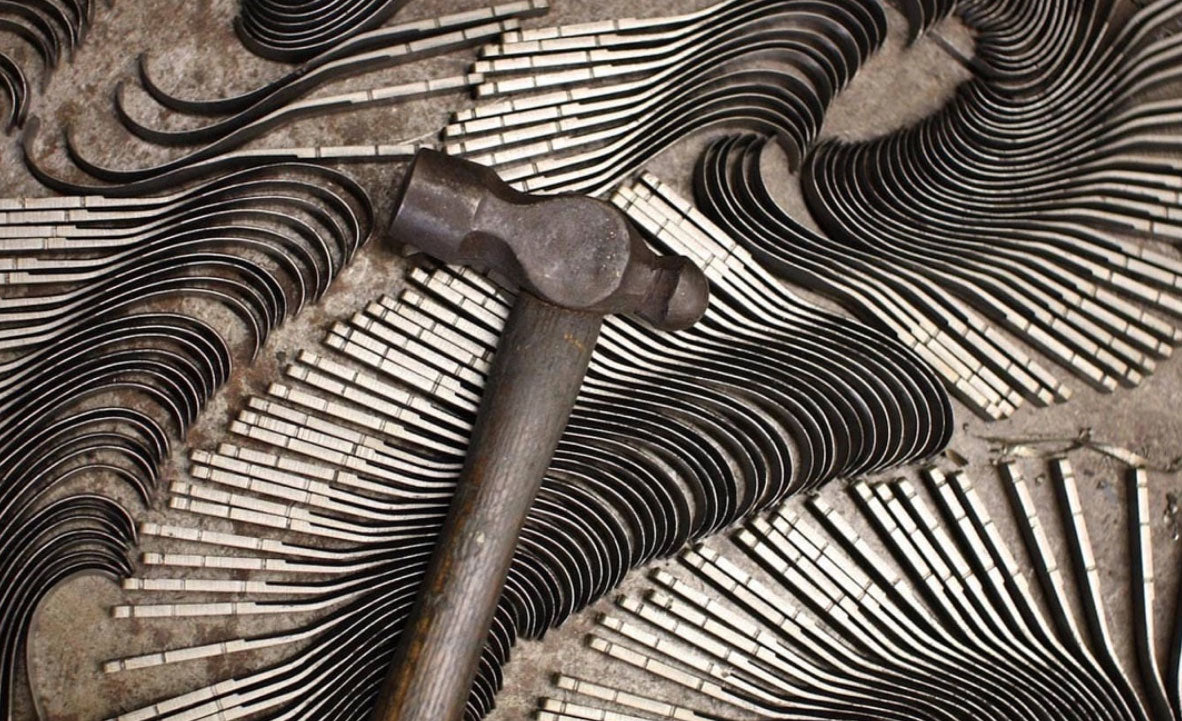
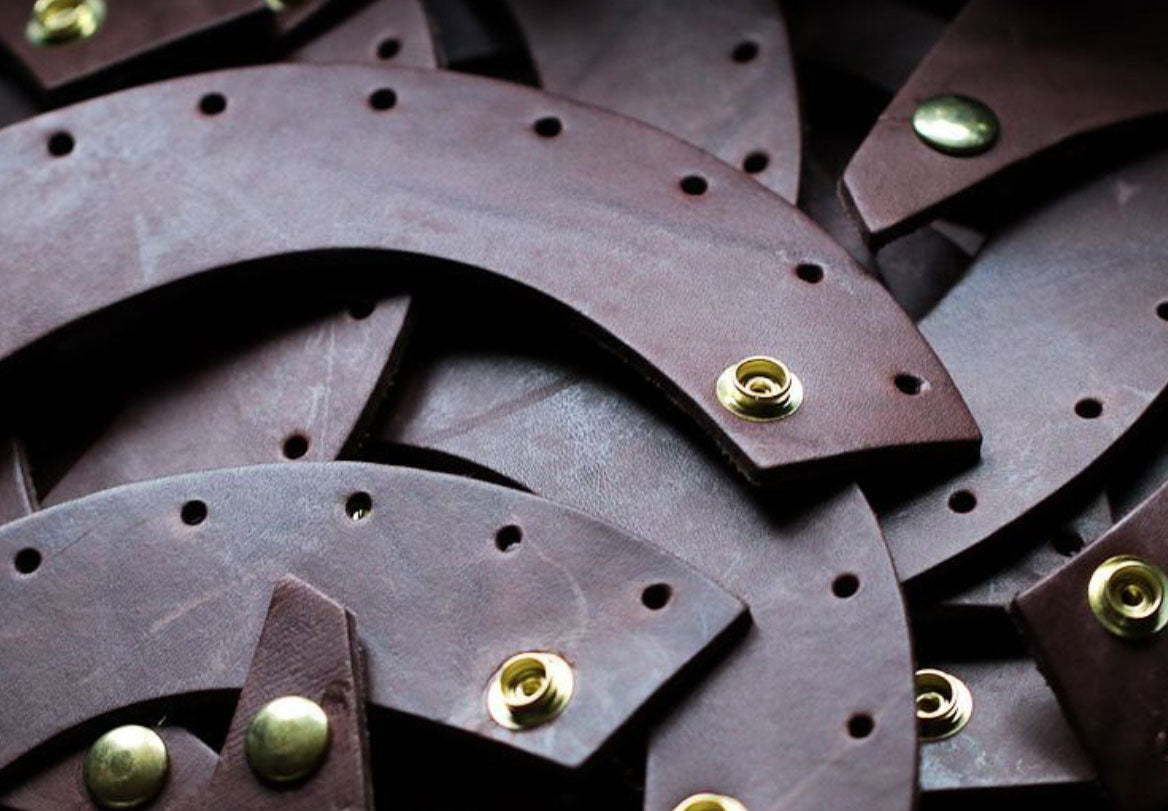
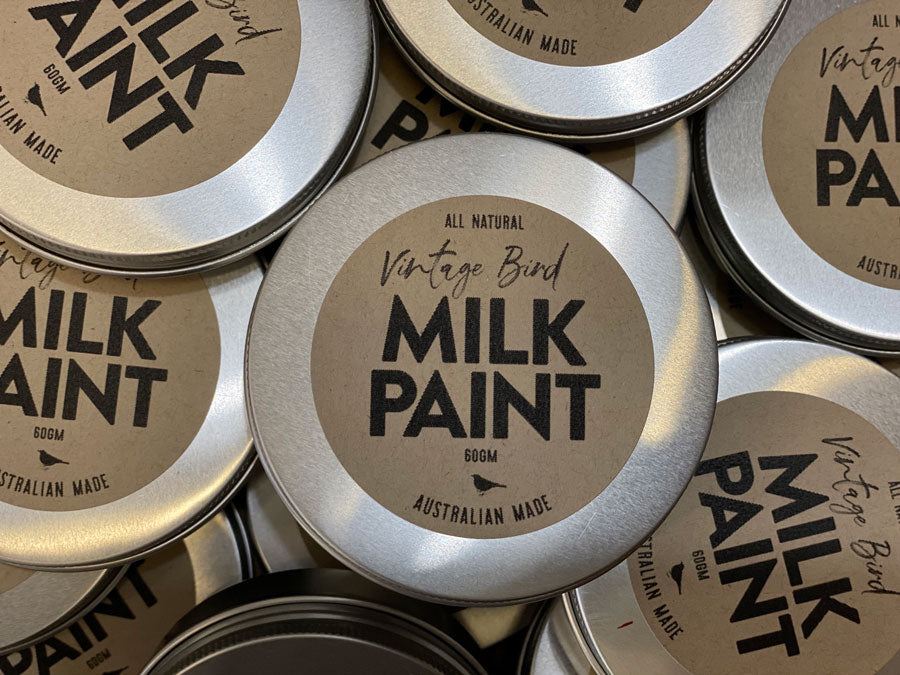
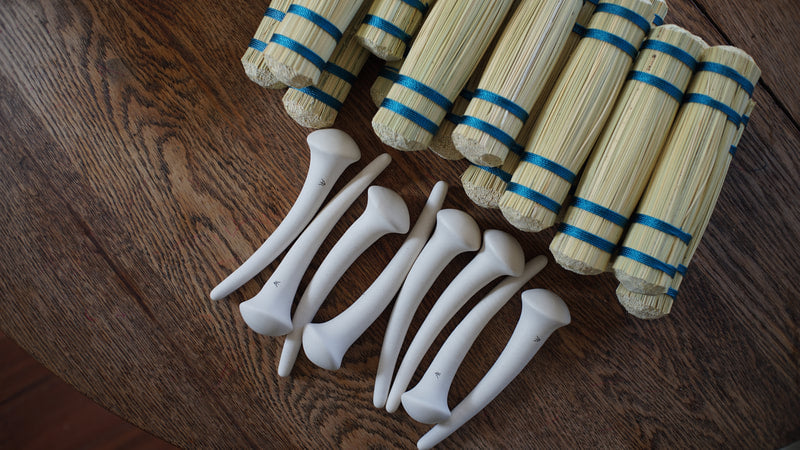
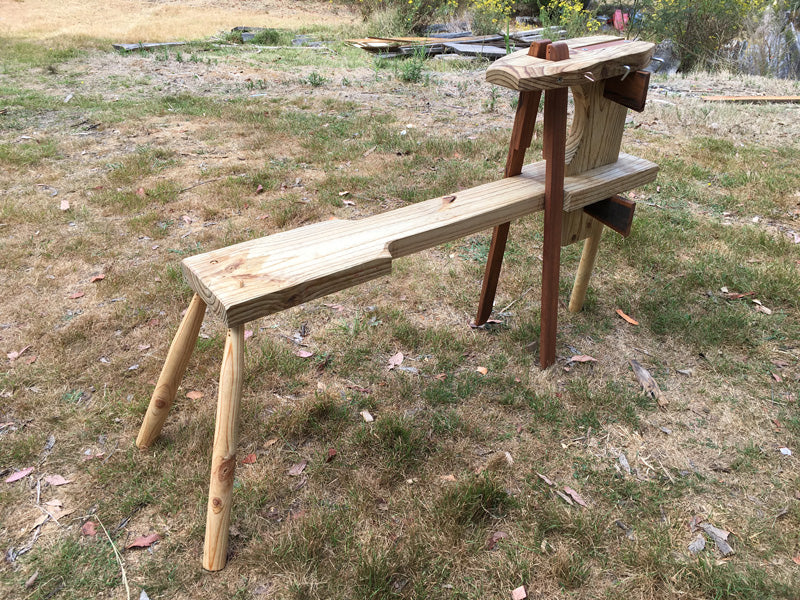
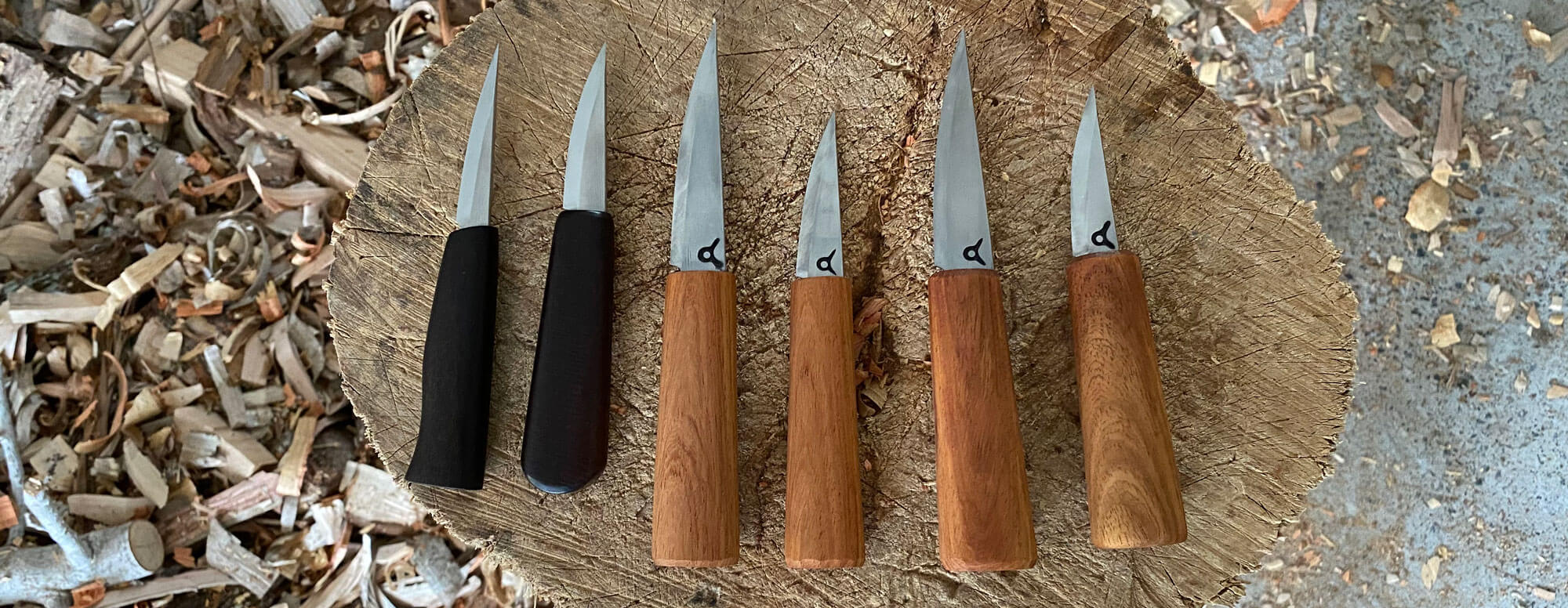
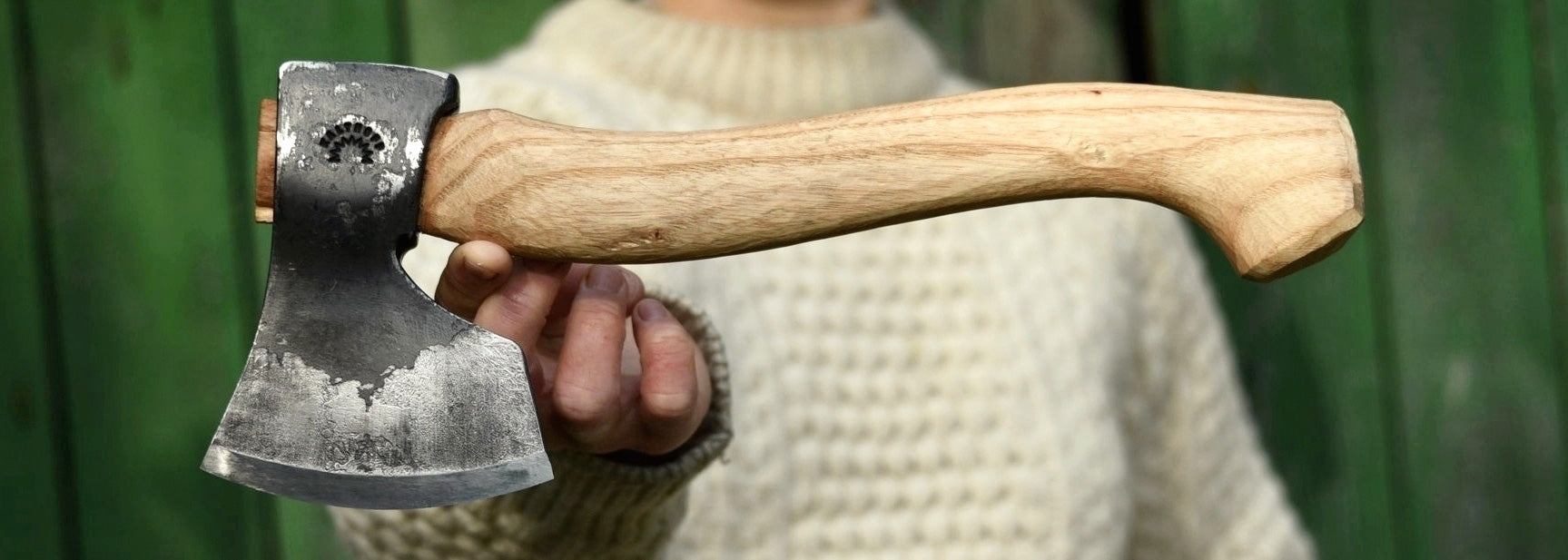
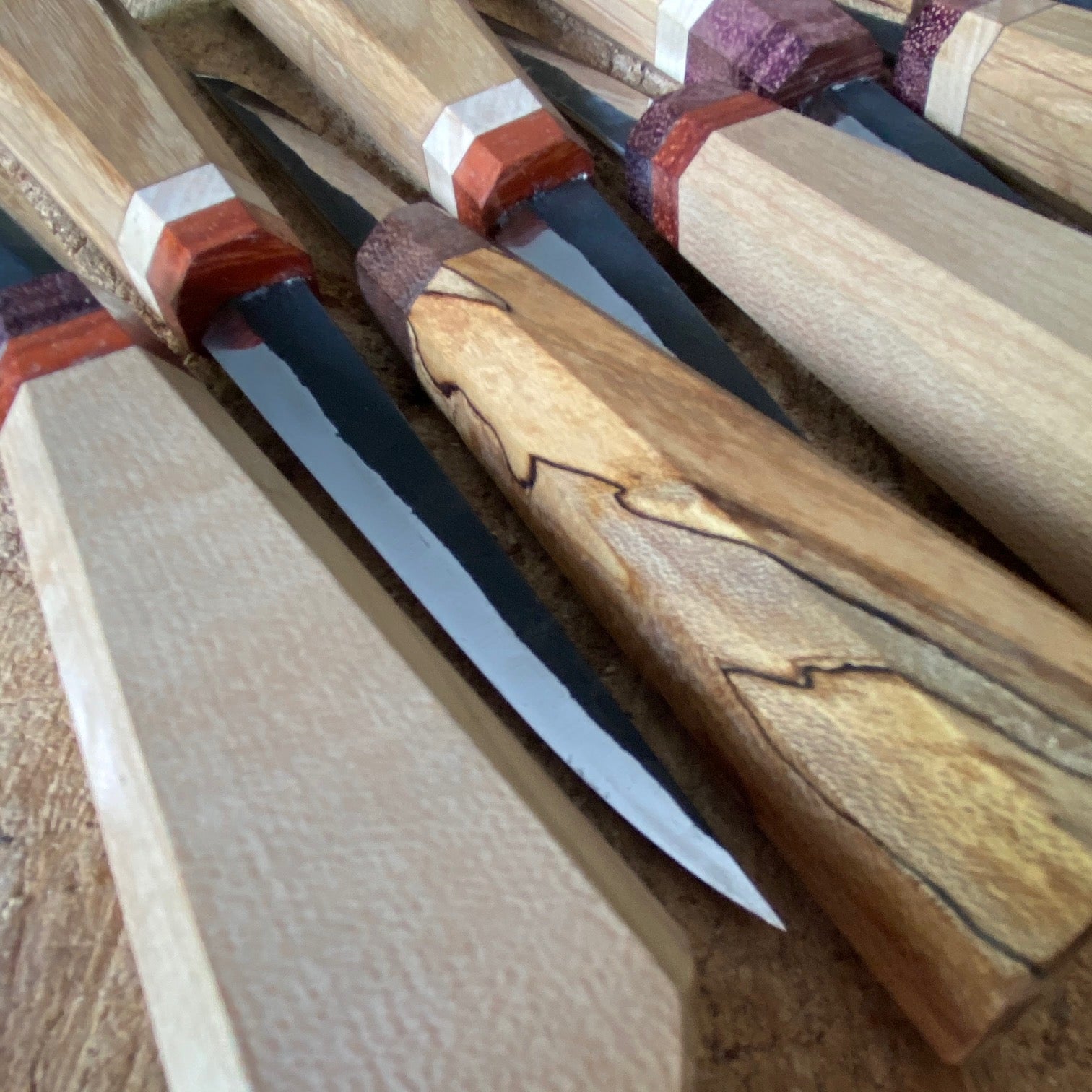

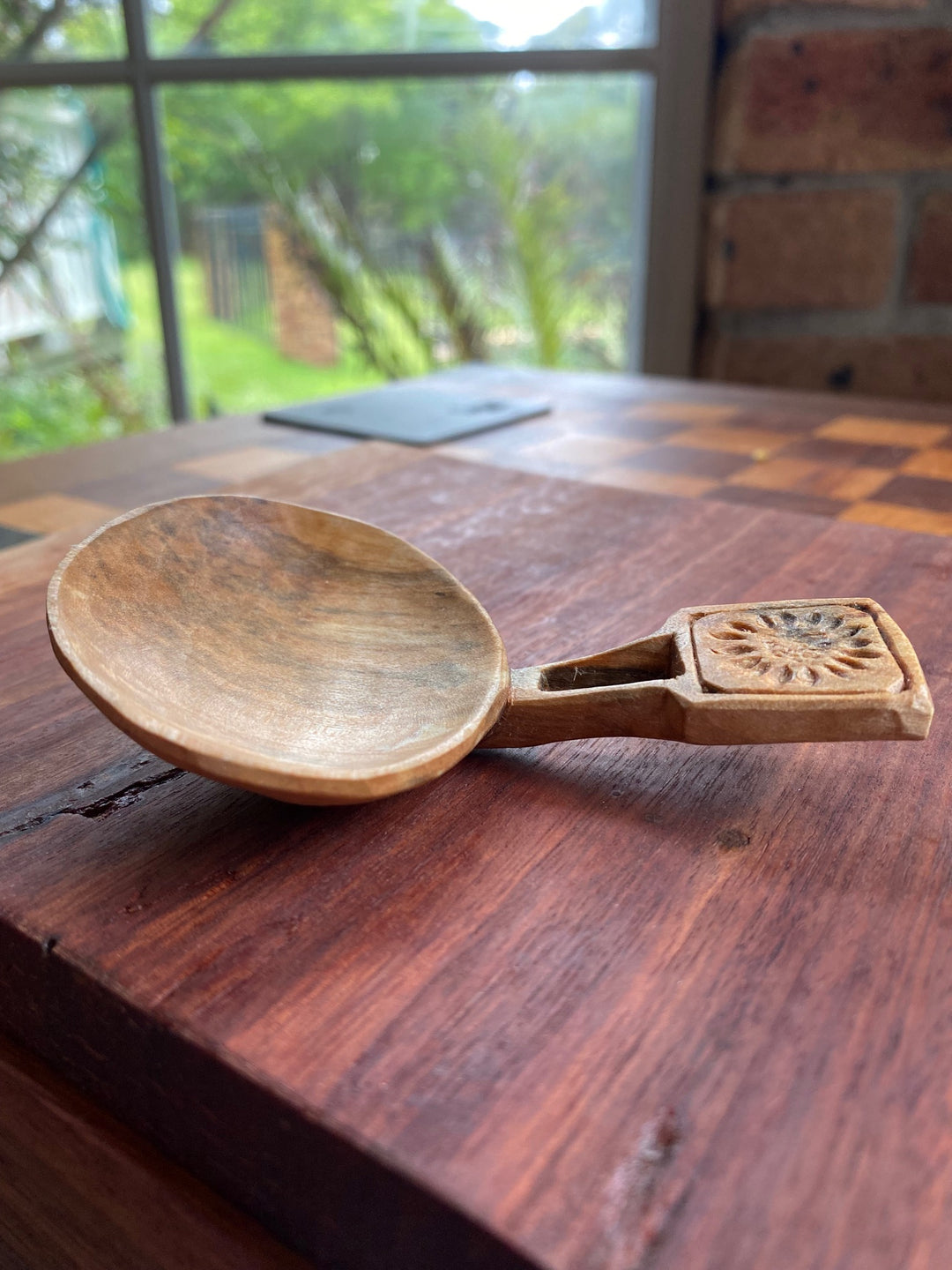
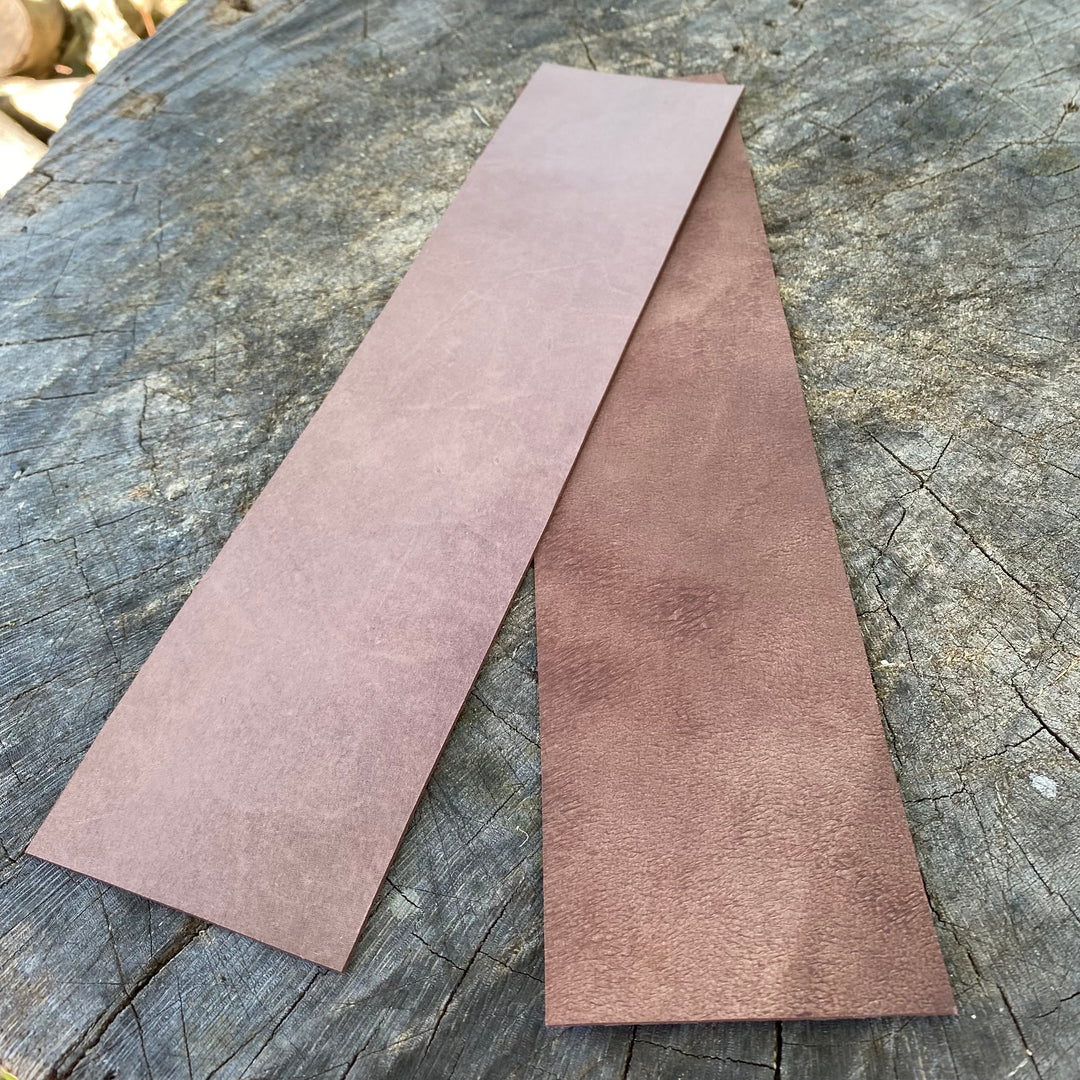
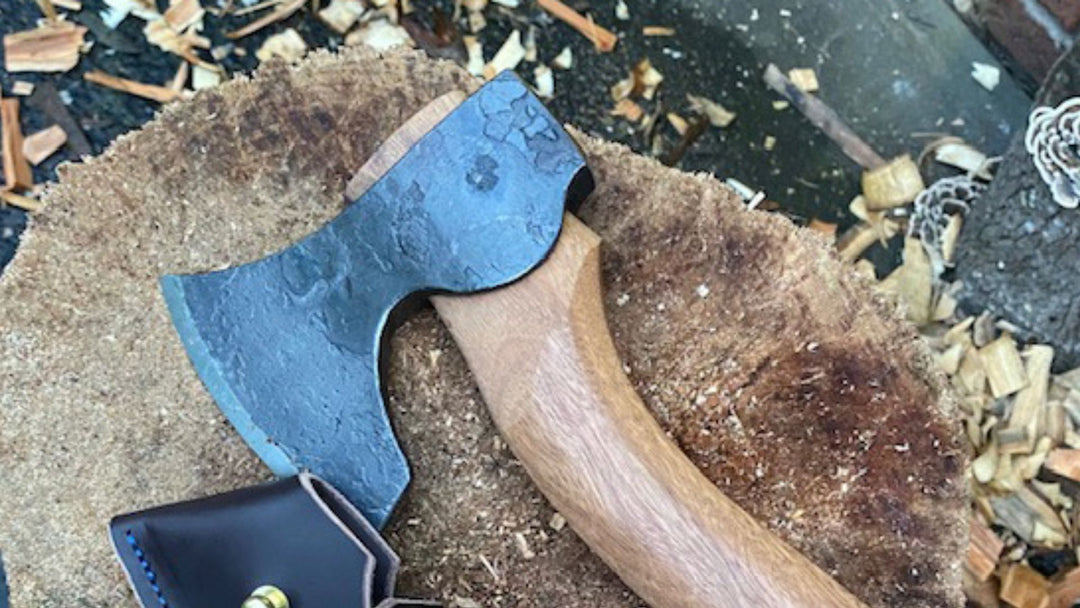
Leave a comment